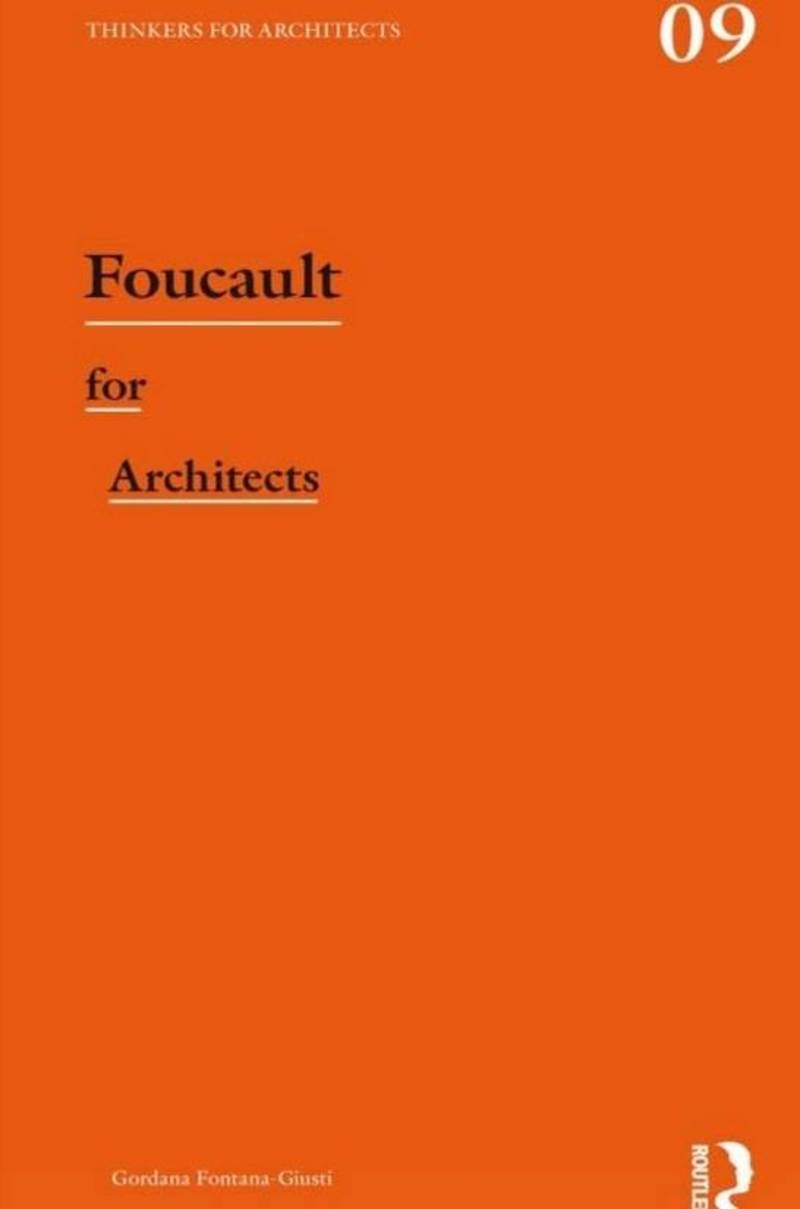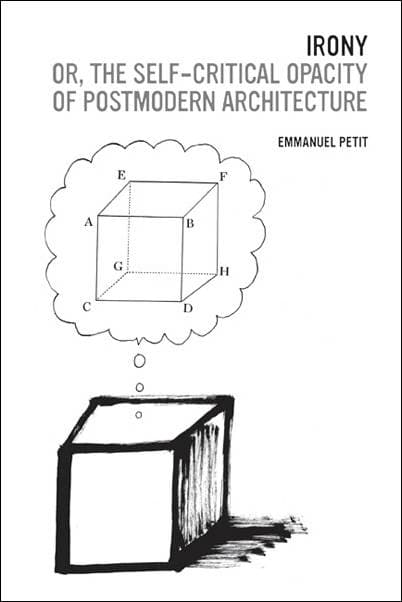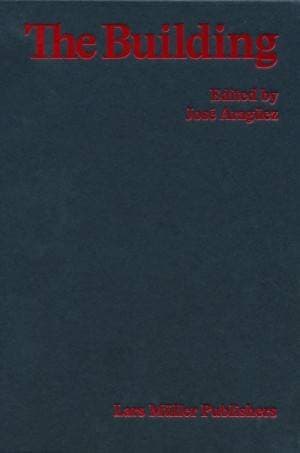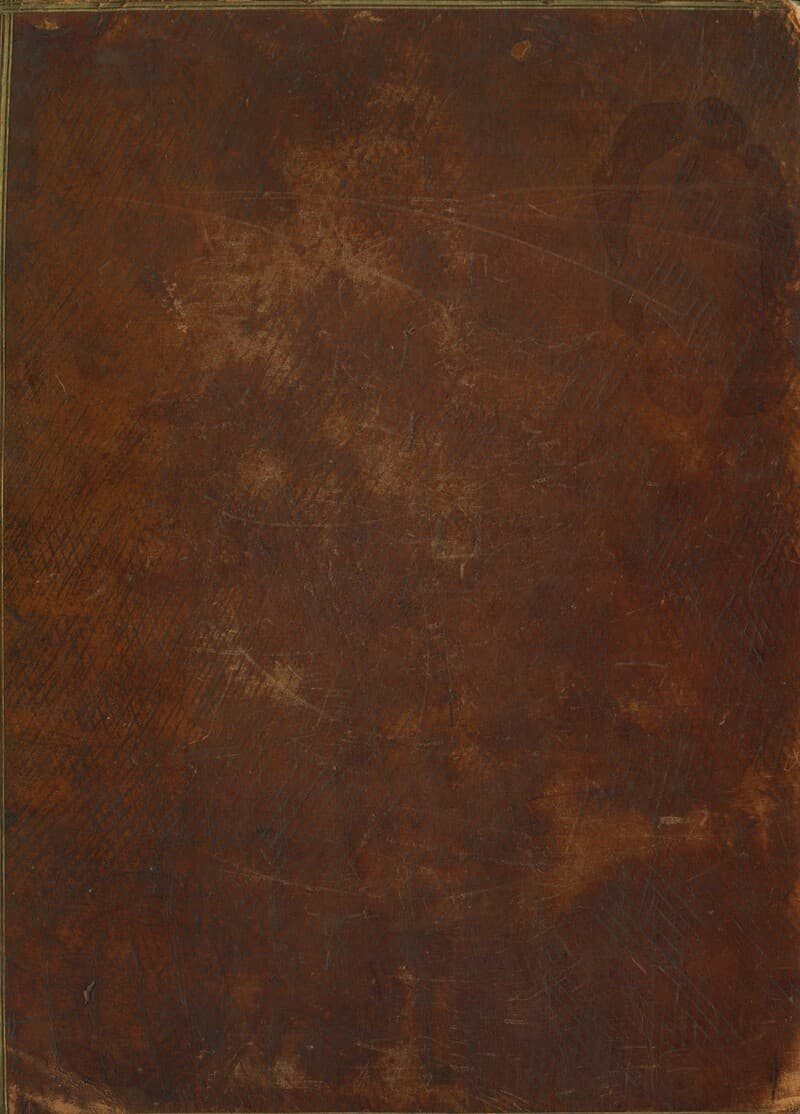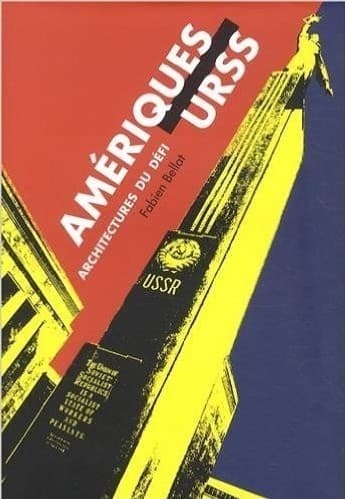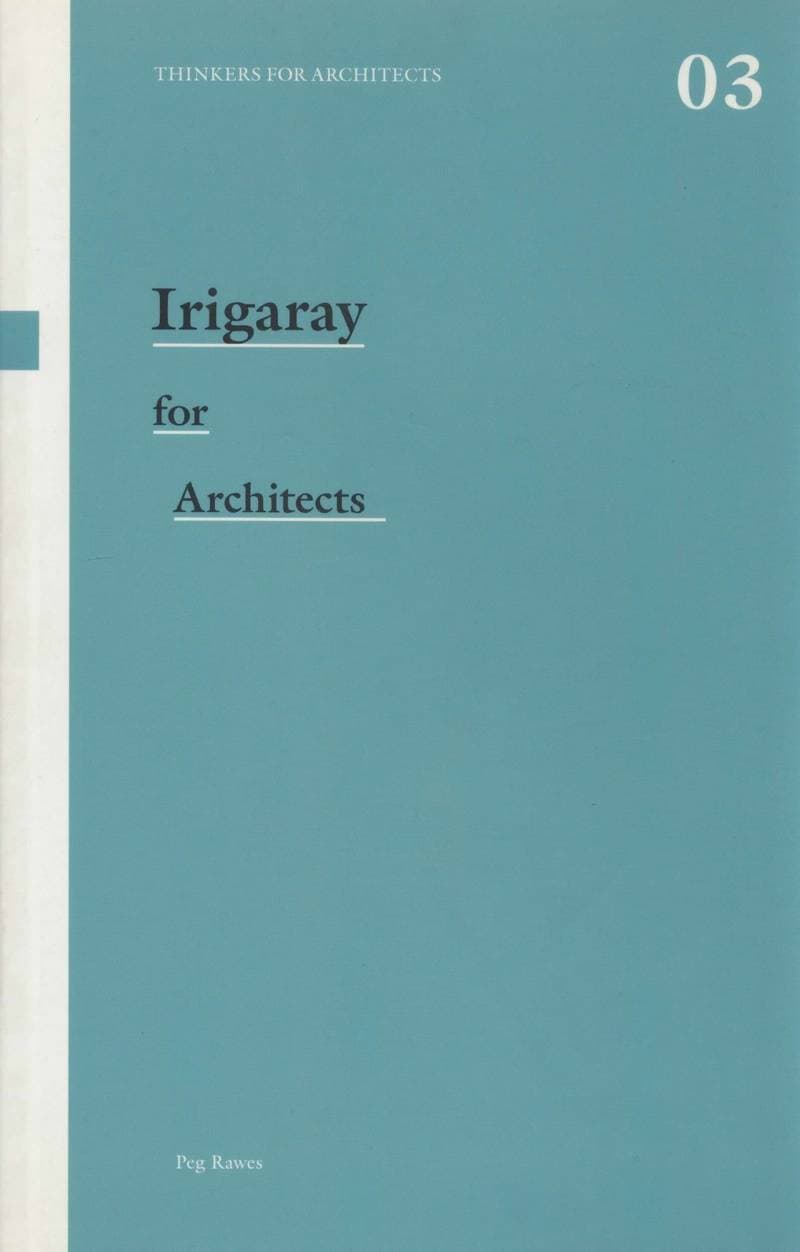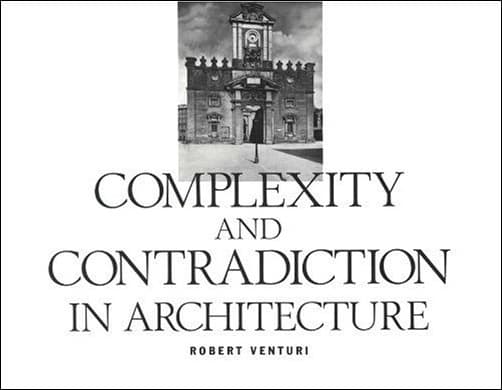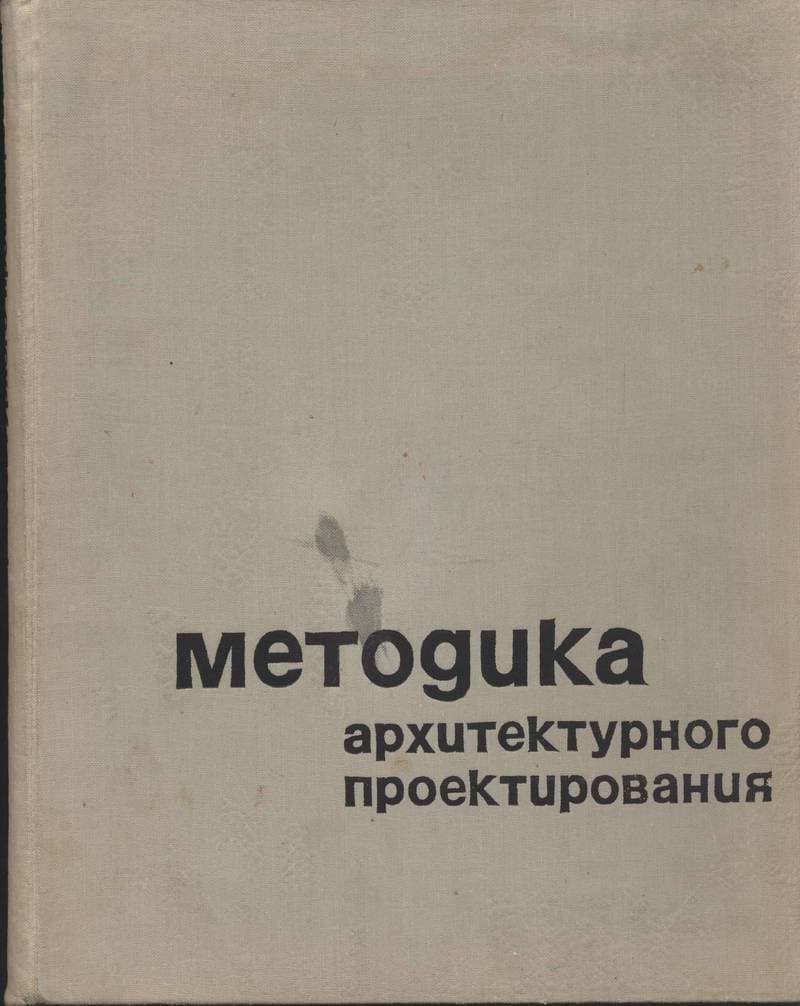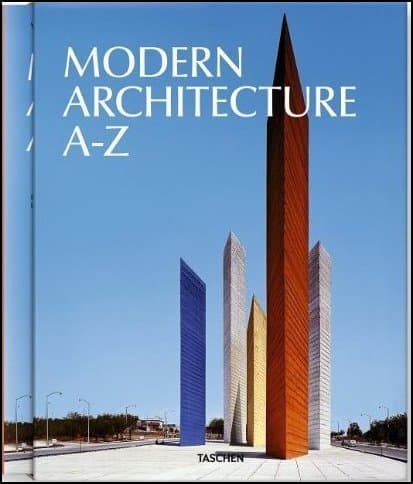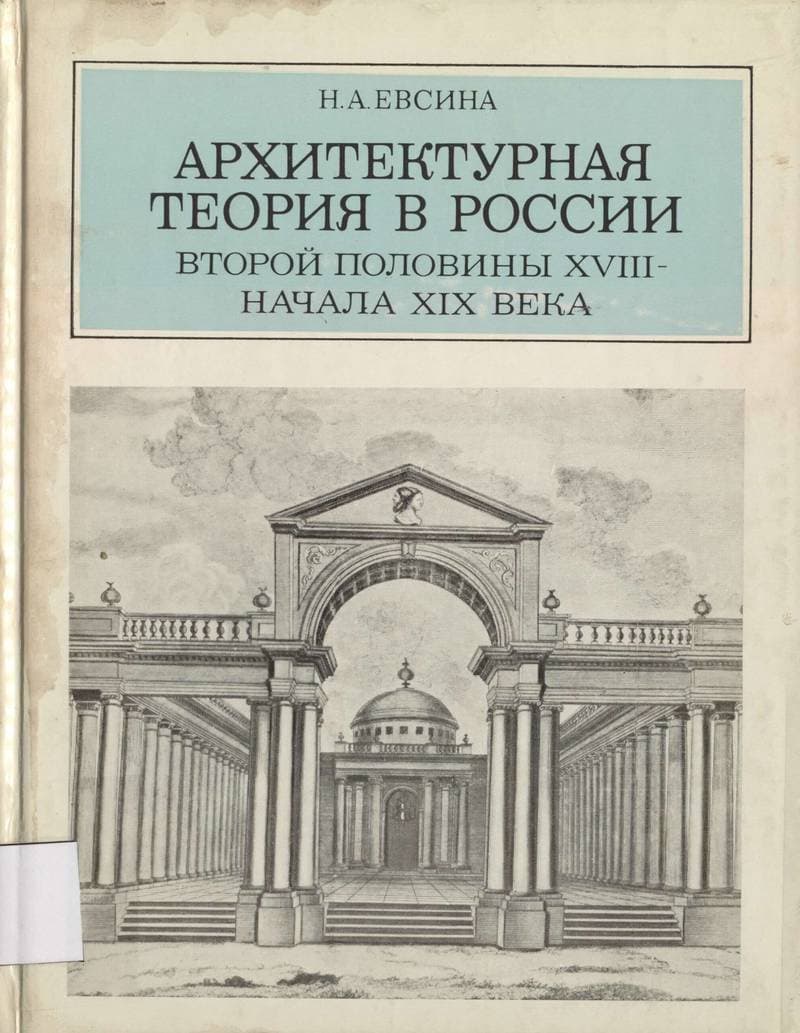Foucault For Architects
From the mid-1960s onwards Michel Foucault has had a significant impact on diverse aspects of culture, knowledge and arts including architecture and its critical discourse. The implications for architecture have been wide-ranging. His archaeological and genealogical approaches to knowledge have transformed architectural history and theory, while his attitude to arts and aesthetics led to a renewed focus on the avant-garde. Prepared by an architect, this book offers an excellent entry point into the remarkable work of Michel Foucault, and provides a focused introduction suitable for architects, urban designers, and students of architecture. Foucault’s crucial juxtaposition of space, knowledge and power has unlocked novel spatial possibilities for thinking about design in architecture and urbanism. While the philosopher's ultimate attention on the issues of body and sexuality has defined our understanding of the possibilities and limits of human condition and its relation to architecture. The book concentrates on a number of historical and theoretical issues often addressed by Foucault that have been grouped under the themes of archaeology, enclosure, bodies, spatiality and aesthetics in order to examine and demonstrate their relevancy for architectural knowledge, its history and its practice.
Данные книги
Нью-Йорк
2013
182 страницы
9780415693318
Доступ по запросу
Да
Да
720.2 Thi
1
- Irony; or, The Self‑Critical Opacity of Postmodern Architecture2013
- Архитектура и культура1991
- The Building2016
- Cours d'Architecture qui comprend les ordres de Vignole, avec des commentaires, les figures & les descriptions de ses plus beaux Bâtiments, de ceux de Michelange1750
- Amériques‑URSS: architectures du défi2014
- Irigaray For Architects2007
- Complexity and Contradiction in Architecture2011
- Методика архитектурного проектирования в системе архитектурного образования1969
- Границы архитектуры1971
- Творческие противоречия в новейшей архитектуре Запада1986
- Modern Architecture A‑Z. Volume 2. M‑Z2013
- Архитектурная теория в России второй половины XVIII в. — начала XIX в.1985
